Methode was 6 years old when he witnessed the 1994 Rwandan genocide, a systematic massacre of more than 1 million people of the Tutsi ethnic group. The killers were the Hutu militia, in a tragedy culminating from longstanding tensions. The genocide started in early April and lasted 100 days.
Being of Tutsi ethnicity, Methode’s family suffered oppression and social instability years before the genocide. In 1992, when Methode was 4, his family’s house was burned down and their property looted. Along with other Tutsi families, they were forced to relocate from northern Rwanda to the eastern province.
Methode was the fifth child among six. After the family’s cows were looted, his father took the boy to live with his aunt because he could not afford milk for Methode and the last-born child depended on breast-feeding.
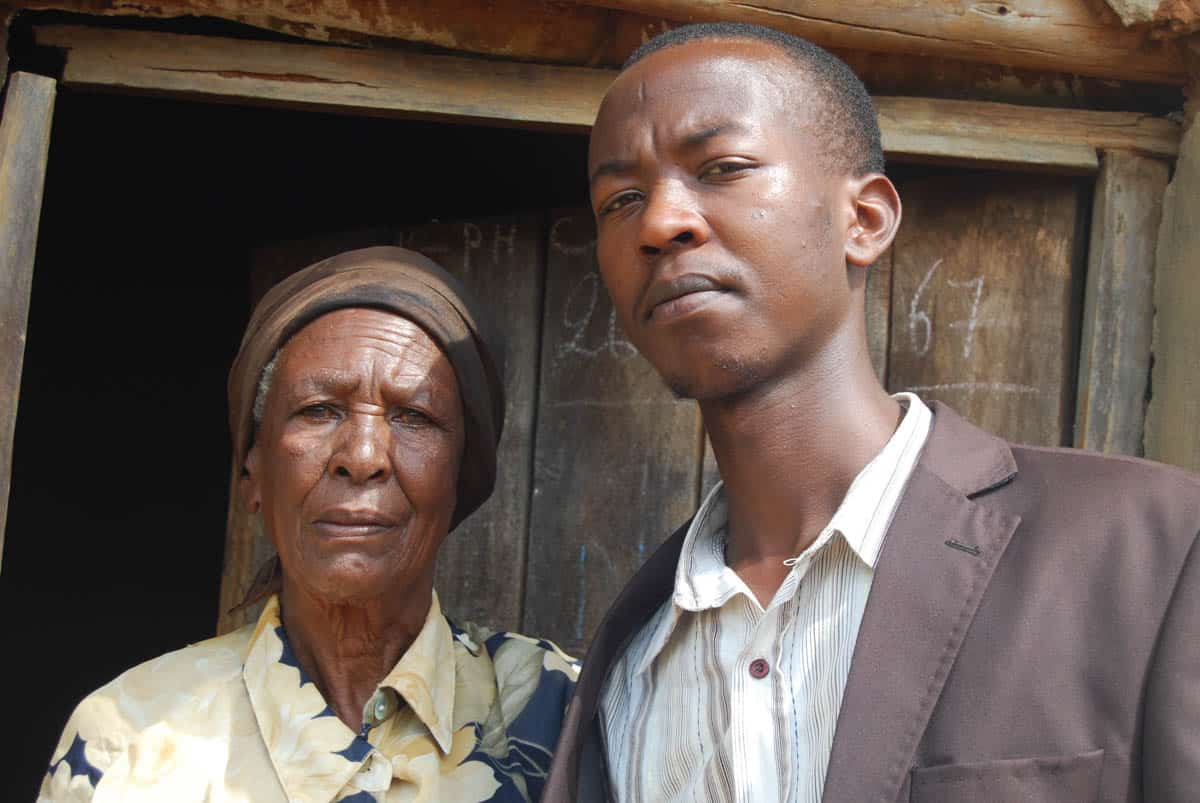
“A day before the genocide started, my father visited us at my aunt’s home, and all I can remember is that he had wounds all over his body.
“He told us he had been captured and beaten as a suspected spy for the Rwandese Patriotic Front. The Rwandese Patriotic Front was an armed liberation group made of Rwandese refugees fighting to return to their country.
“When the genocide started, there was an announcement on the radio that people should stay in their houses. Then, in the night, houses started getting burned and we started hearing gun shots.
“It was then that we decided to leave the house and started hiding in bushes, hills and later in the swamp for two months. We would shift to other hiding places whenever killers captured the area.”
Everyone fled differently, and families were separated. Nelson, Methode’s elder brother, fled to his aunt’s place to seek refuge with Methode, but they had already left. He was captured there and killed.
Methode’s father and sister hid in the Nyamata Catholic Church, hoping it would be safe because it was a refuge during intense persecutions in 1992.
The church was bombed.
Thereafter, the killers, known as Interahamwe (which means “those who attack together”), entered the church with machetes, pangas, sticks, hammers and clubs to finish off those still alive.
The church was later turned into a genocide memorial site because of the many people who died there, Method’s father included.
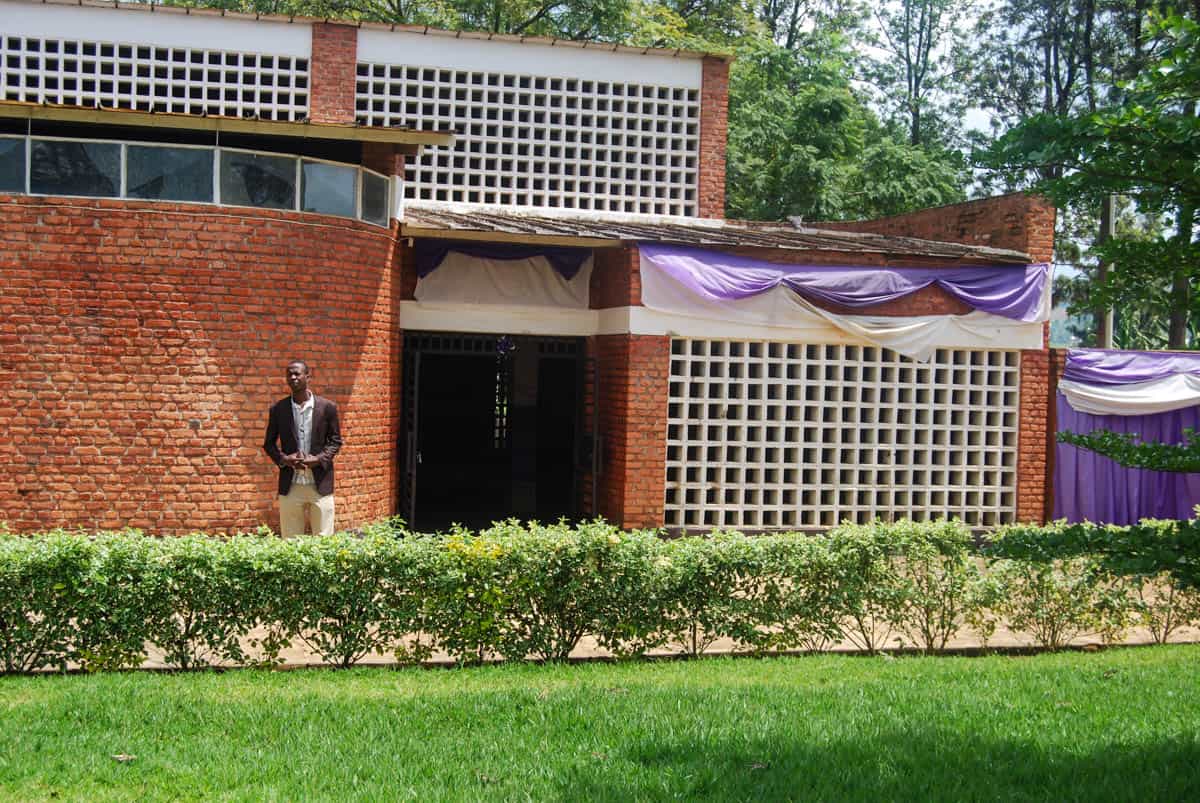
His sister was wounded in the head and back, but she managed to escape through the killers’ legs. She slipped through the church’s doors but she died one year later from her injuries and effects of the genocide.
Methode later learned of his mother’s death through a genocide prisoner who confirmed to him that she was killed in the hills with their last-born on her back. He met his other two sisters, Clementine and Mediatrice, after the genocide, the most recent reunion taking place in 2003.
While hiding in the swamp, Methode and his aunt, along with the other families, used to come to the dry hills during nighttime, when the killers had gone to rest, to look for food. Some women had saucepans with them, which they used in the night to cook field crops and vegetables.
“We drank swamp water. The same water we stepped in was the same water we drank.
“One day, the killers came to the swamp to attack us in big groups, blowing their whistles and singing their songs and carrying their weapons. You could hear people begging for forgiveness, saying, ‘We will give you all that we have.’ The killers responded saying, ‘All that you have is already ours,’ and called them names as they mercilessly killed them.
“At that point, my aunt ran with me to the river that was in the middle of the swamp, and bade farewell to me, saying, ‘Your father left you with me to take care of and now this is the end of our road.’
“She jumped into the river to be drowned, and I followed on as the killers drew closer. It was better to be killed by the water than to wait to be butchered.
“The water rejected us, however, and we could not drown. We held on to floating dead bodies until the killers found us. They thought my aunt was my grandmother; they hit her with a machete in her head and she collapsed.
“Then they searched the pockets of my shorts to see if ‘my grandmother’ had hidden ‘her’ money in them. Failing to find money, they threw me to the ground, hit my knee with a club and, just when they were about to finish me off, another killer called out to the rest, blew his whistle hard, and shouted that they had found another place to loot. And I was spared.
“Thereafter, the few survivors called out silently for anyone who had survived. We were very few. We were like a family because we shared the same problem.
“It was cold and rainy. There was no medication and no food. I remember a child eating soil because people were too wounded to go to find food. I could not walk because my knee was hurt. The Rwandese Patriotic Front came and rescued us and took us to a hospital.”
After the genocide, Methode had nowhere to go. His aunt’s house was burned and her health was fragile.
“Because of all that happened to me, and all the anger I had, I wanted to become a soldier to revenge for my family.
“Not because I loved the soldier life. I would think about all that happened to my parents, my family and my country, and all I wanted to do was to become a soldier, get a gun and shoot all the people I was told killed my family.”
Methode was told he was too young to join the army, and that the law would take care of matters. He and his aunt were given a house to stay in the genocide survivors’ village, but this was not enough to take away his bitterness, hopelessness, nightmares and trauma.
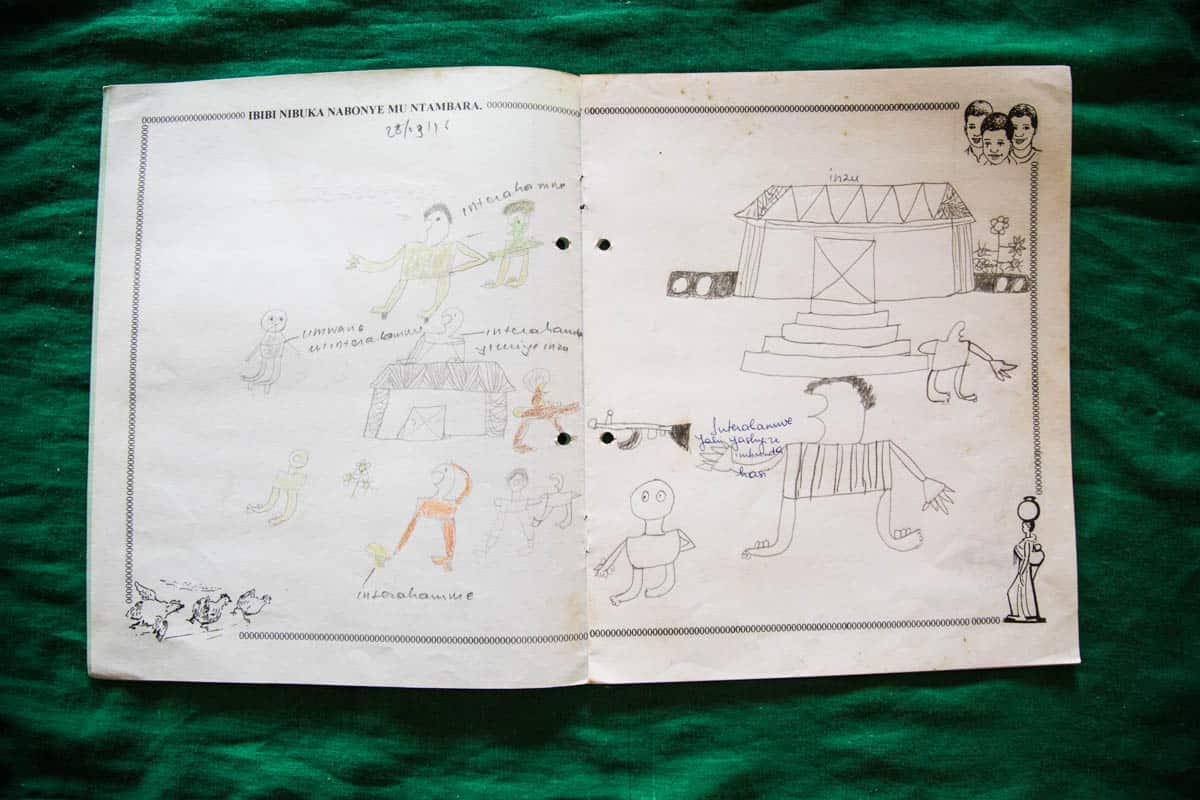
Methode’s neighbor heard about Compassion at his church one year later, and took the young boy for registration.
“Even though the government talked about unity and reconciliation, what I had in my heart was inconsolable. I felt like I could not reconcile with the people who caused me to live the way I did.
“I tried to pray and go to church, but I still could not understand what could have caused such hatred among people. I had a lot of anger and fear and hopelessness. Whenever I lacked anything, like shoes and food, I used to remember how hardworking my father and mother were and it was unbearable.”
Methode was quiet in school and at his child development center. Teachers thought he was just a polite child. But the center workers were aware of his condition. They encouraged him to pray and were patient with him. His class performance was bad and he repeated primary one and primary three.
He also received medical care and treatment, as well as all requirements for school, from the center.
“Through the regular development center activities like singing, games, praying together and reading the Bible, I started to realize that I could get peace from God. I started singing in the choir and, in my prayers, telling God to take away all that was heavy in my heart. People in my family where surprised by the sudden change in my behavior.”
“I started laughing and talking to people more. I got so involved in my church, and my class performance improved to either the first position or second in my class. My sister asked me to teach her how to pray, because she wanted what had happened to me.”
Methode assumed leadership positions at his school, his church, the development center and in his community. Today, Methode is the first vice coordinator of the Genocide Survivors’ Student’s Association at the national level, and the treasurer of Leadership Development Program students in Rwanda.
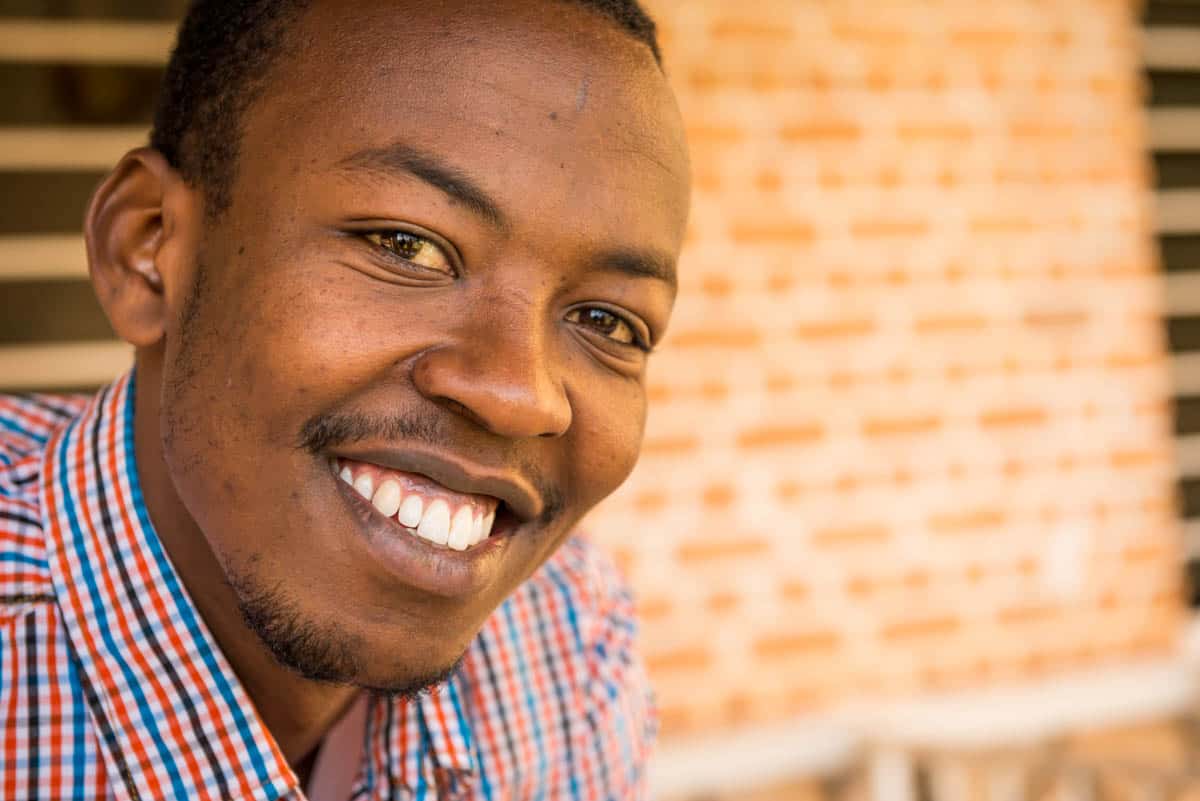
“The biggest thing that happened to me, that the government would not have managed to give me, is forgiving the killers.
“God convinced me that I would not be any different if I revenged. I thank Compassion, because they introduced me to knowing God bit by bit, until I got born again and my family followed on. My development center helped me discover my singing and leadership talent.
“I thank God that Compassion came to Rwanda and helped many hurting children and became their source for education, life and salvation. I thank my sponsor, who enabled me to study from primary school and continued with me until the university.
“I thank God for my life before and after Compassion, and that I can now see that I will have a bright future. I am happy for who I am today, that I am a Christian, which gives me value in society. People trust me and come to me for advice. God’s wisdom amazes me!”

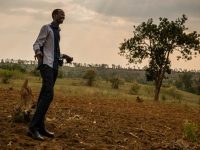

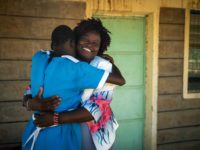
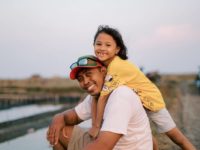


3 Comments |Add a comment
Yes, this is an amazingly powerful testimony! Thank you for sharing, Methode. I am sure it is very difficult for you to retell these horrible details. I correspond with a Rwandan girl in the Compassion program and this gives me more insight into the terrible Genocide. May God bless you richly!!
This is an amazing testimony! And just yesterday, I finished posting a new page on my blog, telling about Rwandan Genocide survivors and how they forgave their enemies. Is God amazing or what??
Thank you so much for this Blog entry! What a powerful story!